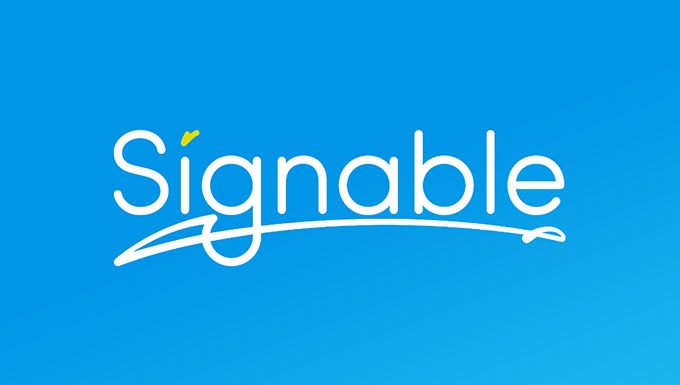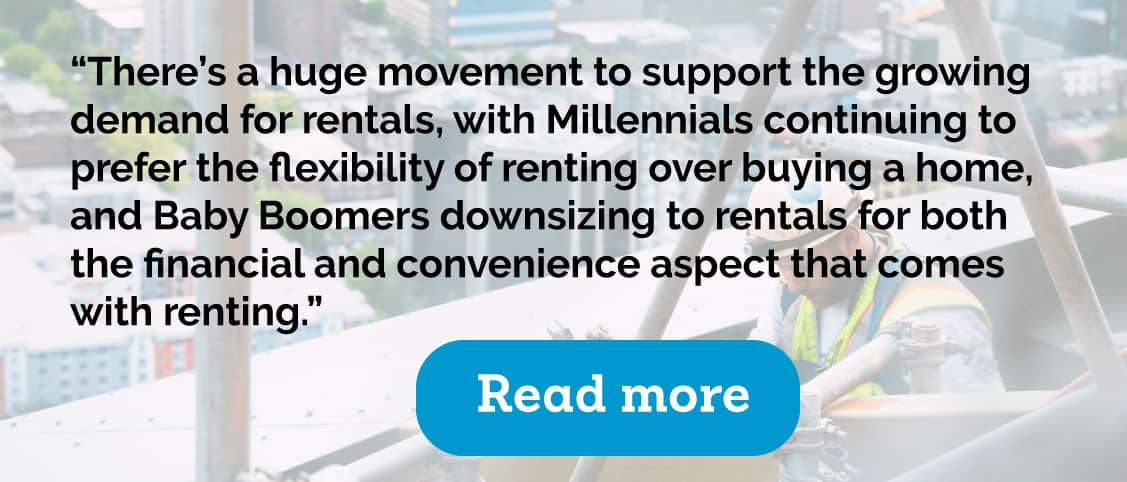The future of US PropTech

Published:
How US PropTech can combat economic & climate migration
The landscape of the US proptech space is changing rapidly, and it goes further than integrating with more technologies to make work processes more manageable.
The evolution of proptech is necessary to combat some of the United States most deep-rooted inequalities: economic and climate migration.
Investors need to understand the contextual nuance behind the necessity for technology advancements in proptech, as that is where innovation will blossom and technology will become helpful for everyone.
Affordable homes for leasing
Without the expansion of affordable local- and regional-serving public transportation options and location-efficient housing- lower-income households are forced into lower-priced housing stock at the urban fringe… where long, unpredictable travel times…add further strain.
Realtors and agents should consider the modernization of US housing trends when creating technology for property if they wish to remain innovative.
Together, leasing and buying platforms aim to create a technology that is entirely transparent and accessible, so prospecting buyers & renters can find the perfect fit for them easily & quickly. In tech, founders can envision this by adding innovative filters to search bars & requiring all listings to be detailed and up to date.
Rany Burstiein, CEO of Diggz, says:

The above quote is an outtake from a 4-page exclusive article Rany Burstein wrote for our premium US PropTech e-book. If you would like to read more from Rany, please check out our US PropTech e-Book page
The next step after this would be putting pressure on industry leaders to supply attainable housing that does not encourage economic migration in the first place.
There needs to be greater emphasis on smart building in the residential real estate industry, so agents and realtors can work to combat the issue of low-density and unaffordable housing.
Unattainable housing pushes families into climate-risky and low-opportunity neighbourhoods, further exacerbating the unequal opportunity divide in the US housing market.
Dedicating vital resources to retrofit and fortify existing neighbourhoods before internal climate migration and economic disruptions escalate further is important.
Pioneers will need to reimagine the industry’s future into one that yields more outstanding fiscal, social, and environmental outcomes for more people and places.
Nuclear-family-no-more
The decline of nuclear families and the rise of multigenerational or group living arrangements and ageing in place are deflating demand for new single-family homes.
Yet, the real estate industry—operating under restrictive zoning compacts—is still catering to the traditional nuclear family household by systematically undersupplying small units (particularly one-bedroom units) to construct large single-family homes.
Nationwide, the very largest houses (four or more bedrooms) have grown as a share of inventory while all smaller configurations have stagnated or declined.
Proptech pioneers can emphasize providing platforms/technologies/systems that facilitate more single-room properties changing how the real estate industry caters to the traditional nuclear family household.
Multigenerational and mixed family households have become more common, as Americans are increasingly “doubling up” to reduce housing costs.
There is simply no space for property developers favouring large single-family homes.
Noaam Blum – CEO of RentBase, says:

The above quote is an outtake from a 4-page exclusive article Noaam Blum wrote for our premium US PropTech e-book. If you would like to read more from Noaam, please check out our US PropTech e-Book page
Why is it important the US PropTech market innovates, not stagnates?
Real estate plays a definitive role in the economy of the United States. Billions of dollars are invested each year, and it plays the most significant role in assets comprising 40% of private assets.
Real estate is such a huge asset class, and there is so much capital in the sector, so we need to understand where this is best-made use of and how we can make people more productive.
It’s time for the proptech industry to hone in on the effects of the pandemic and take this as an opportunity to alleviate the inequality.
Many office workers are now working at home instead of living near work. Realtors and agents have a golden opportunity to provide the housing and technology that makes access to better-suited properties more affordable and available.
This opportunity is where data comes into play, where proptech companies will derive the most value.
If PropTech platforms and technologies can harness data better, they will measure and improve further. Renting & leasing platforms providing the option of more search filters, more flexible renting & sharing options will make properties more accessible and attainable.
Inclusivity through proptech planning initiatives
For developers & planning parties, investing in smart building that allows for quicker & more efficient construction of single and 2-bed apartments and homes will help the new housing demographic find a home. It will reduce the amount of economic & climate migration.
The US PropTech industry is moving in the right direction with more inclusive planning technology and has used virtual planning committees nationwide.
However, many of these committees have been withdrawn, which is a shame as the momentum for inclusivity needs to pick back up if PropTech makes a difference in the coming years.
Interested in learning more about the state of US PropTech & predictions until 2025?
Fill out this form below to download our premium e-Book!